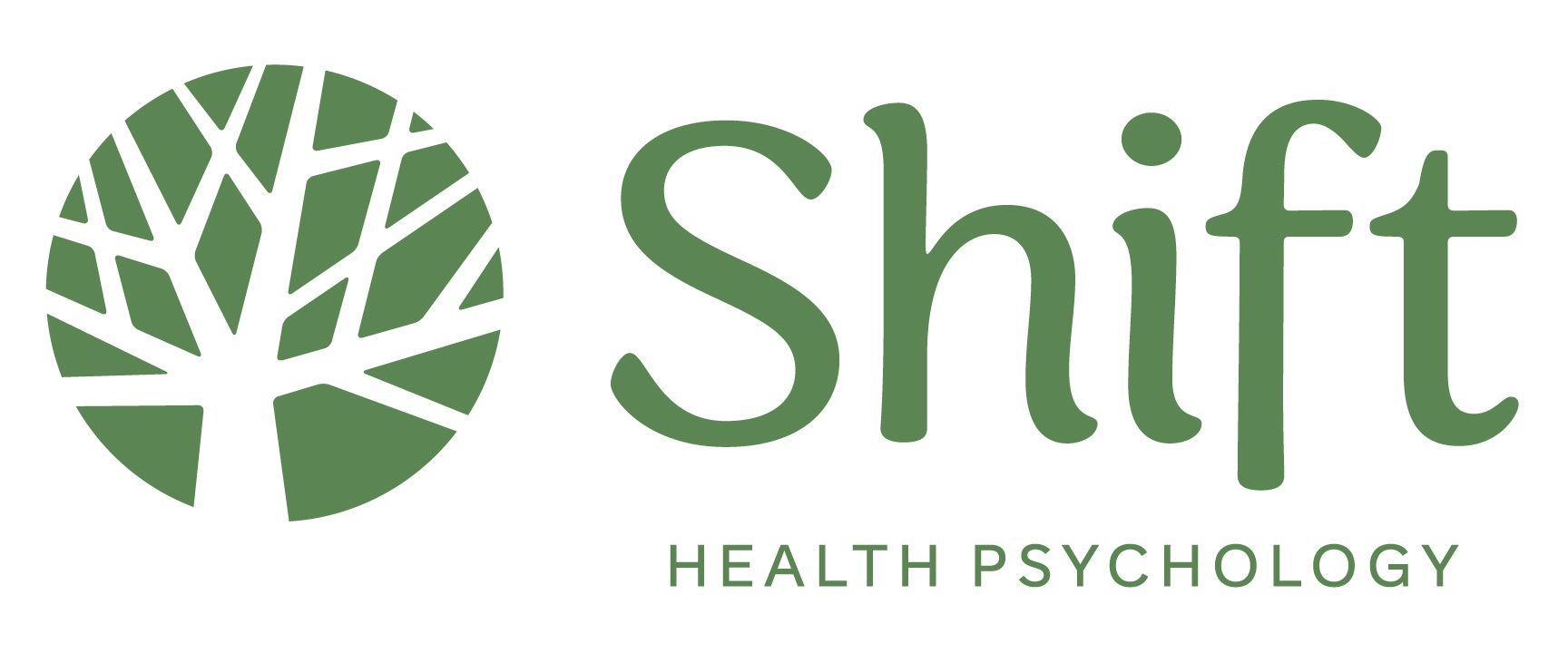Health anxiety, in a fundamental sense, is something all of us can relate to. Feeling increased worry over your physical health is an experience that can manifest for many reasons. Whether brought on by a health event or as part of psychological distress, health anxiety can affect you and your ability to find joy in everyday life.
While we can all understand the propensity to have physical health concerns, health anxiety is marked by a persistent and excessive preoccupation with one’s health, sometimes when there is not a medical concern present.
Those living with health anxiety may experience stress about their physical health even in the face of reassurance from health professionals. Health anxiety can even present as sensations in the body for which the brain may misinterpret these typical bodily sensations. Those experiencing health anxiety may seek reassurance from medical professionals as well as their friends and family, though may not realize the benefits of approaching symptoms from a mind-body perspective.


